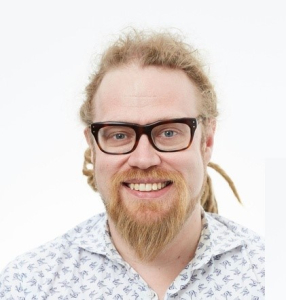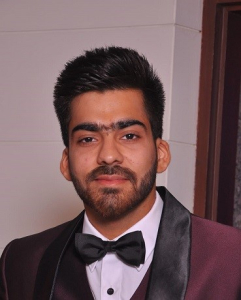You are cordially invited by The Victorian Vernier Society for Lunch on Thursday the 9th March @ 12:30pm at The Kooyong Lawn Tennis Club, 489 Glenferrie Rd, Kooyong.
An excellent lunch will be served. The meeting will close around 3:00pm.
Improved Networking is to be implemented by starting the meeting at 12.15 and have committee members act as host to introduce people around. This will be “Speed Networking” managed by Charles.
Bookings for Vernier Members will, as always, be by response to this email.
For Friends of Vernier and guests, please book using Humantix : https://events.humanitix.com/vernier-in-march-2023
Our first speaker will be:
Edward Lynch-Bell – Evie Networks, Vehicle Charging
Ed Lynch-Bell is an energy industry veteran, his energy career began in the USA joining of the founding team at Battery Manufacturing startup, Aquion Energy, after graduate school at Carnegie Mellon University. After moving to Australia he joined AGL where he ran Virtual Power Plant programmes, putting some of the first batteries into Australian homes; providing solar optimisation and grid services. Ed joined Evie Networks in 2018 where he has run the product development function, piloting and building EV products including the eMentum MaaS rental pilot, an all electric delivery service, charging subscriptions, enterprise, public and home charging.
Our after lunch speaker will be Suraj Loomba, he will talk about: How to make hydrogen straight from seawater – no desalination required
Suraj Loomba
Could this be a key change on the road to carbon neutrality?
As alternative fuel sources go, hydrogen has a lot of promise. Currently the majority of hydrogen is sourced from fossil fuels. So-called “green hydrogen” is a technical possibility, but the cost to produce it is prohibitive. As long as that remains the case, few companies will go down that road. There has to be a better way, doesn’t there?
Researchers at the Royal Melbourne Institute of Technology (RMIT) in Australia say that they’ve found such a solution. More than that, they say that they’ve found a way to make sustainable hydrogen from sea water—which, if their research proves correct and actionable, could be a massive and scalable game-changer.
Plenty of industries, such as aviation, manufacturing, and shipping, have numerous practical hurdles to overcome in terms of decarbonization. Current hydrogen manufacturing is largely not a carbon-neutral process, as it’s produced from fossil fuels and still generates approximately 830 million tons of carbon dioxide per year, according to RMIT.
The Vernier Promise!
At Vernier you will:
• Connect and Network with business leaders
• Associate with people who share your interests
• Gain insights and knowledge from authoritive keynote speakers
• Develop and grow your leadership and business prospects
• Promote the sustainability of the Australian manufacturing industry




